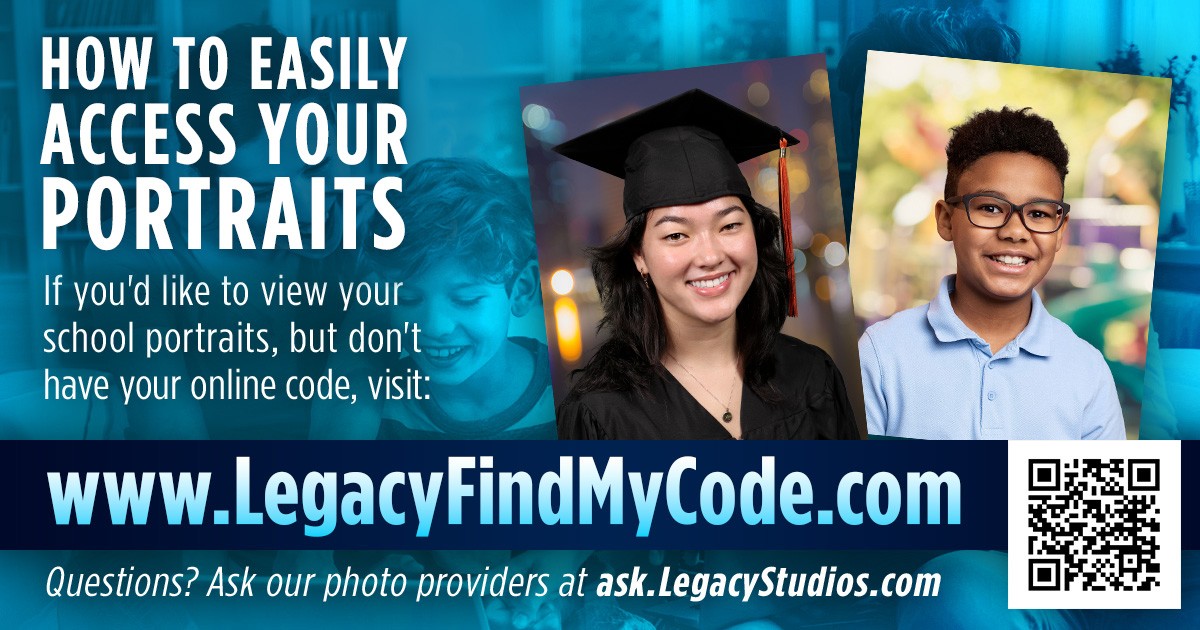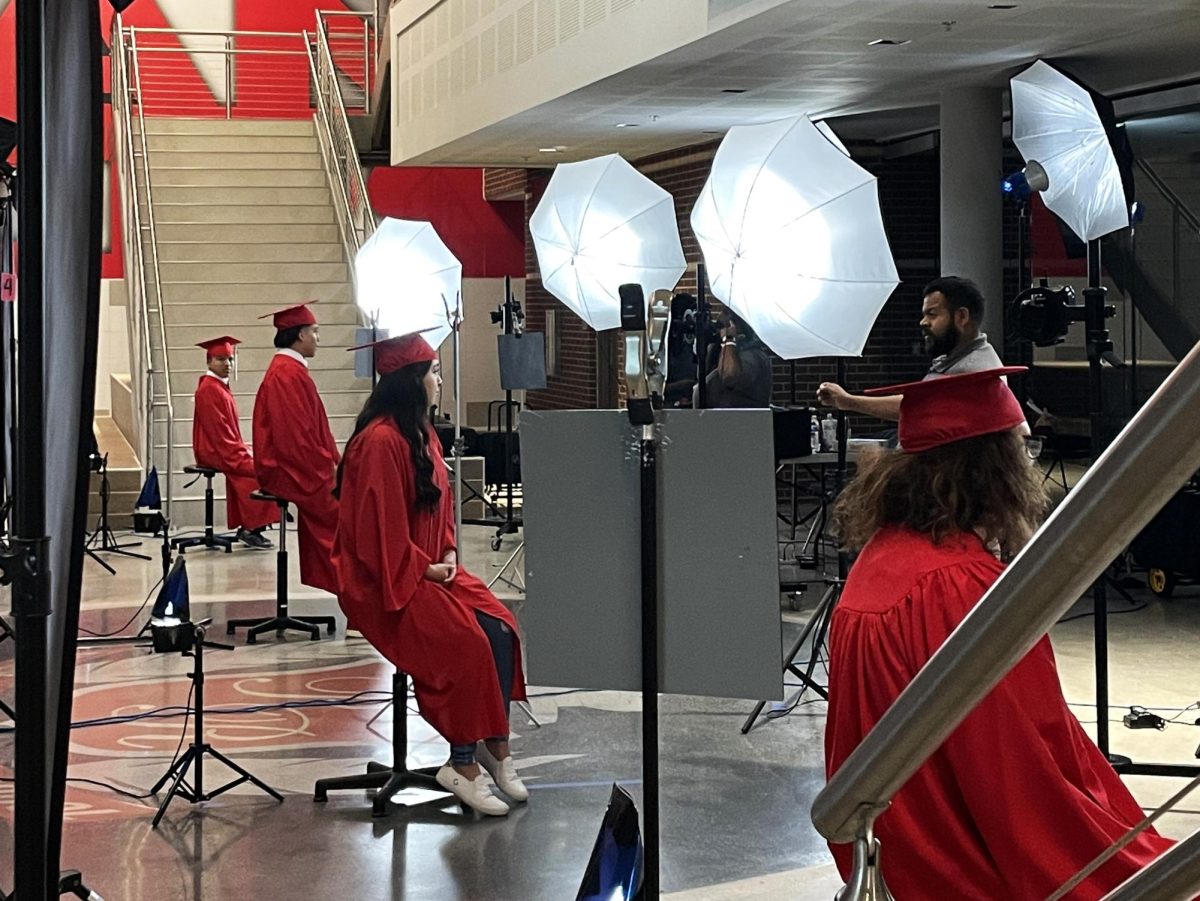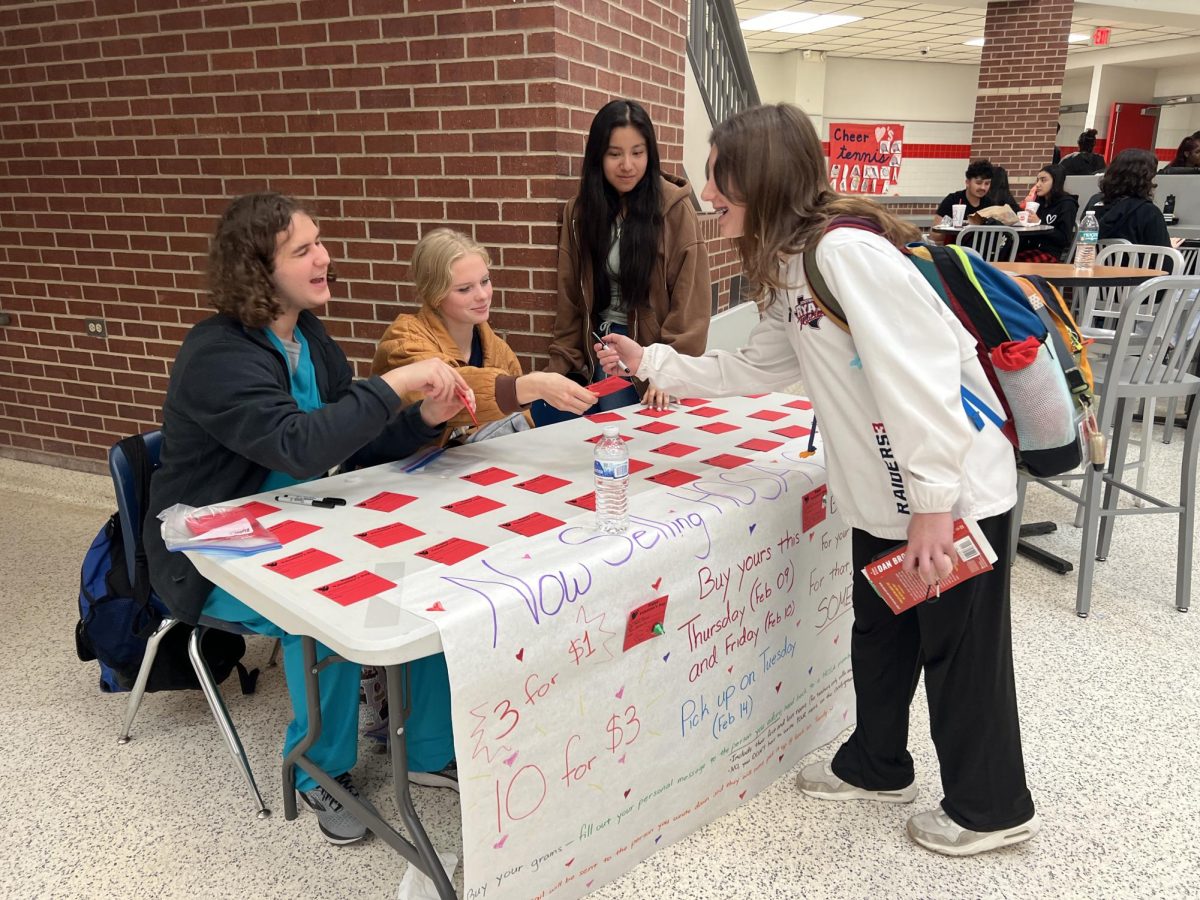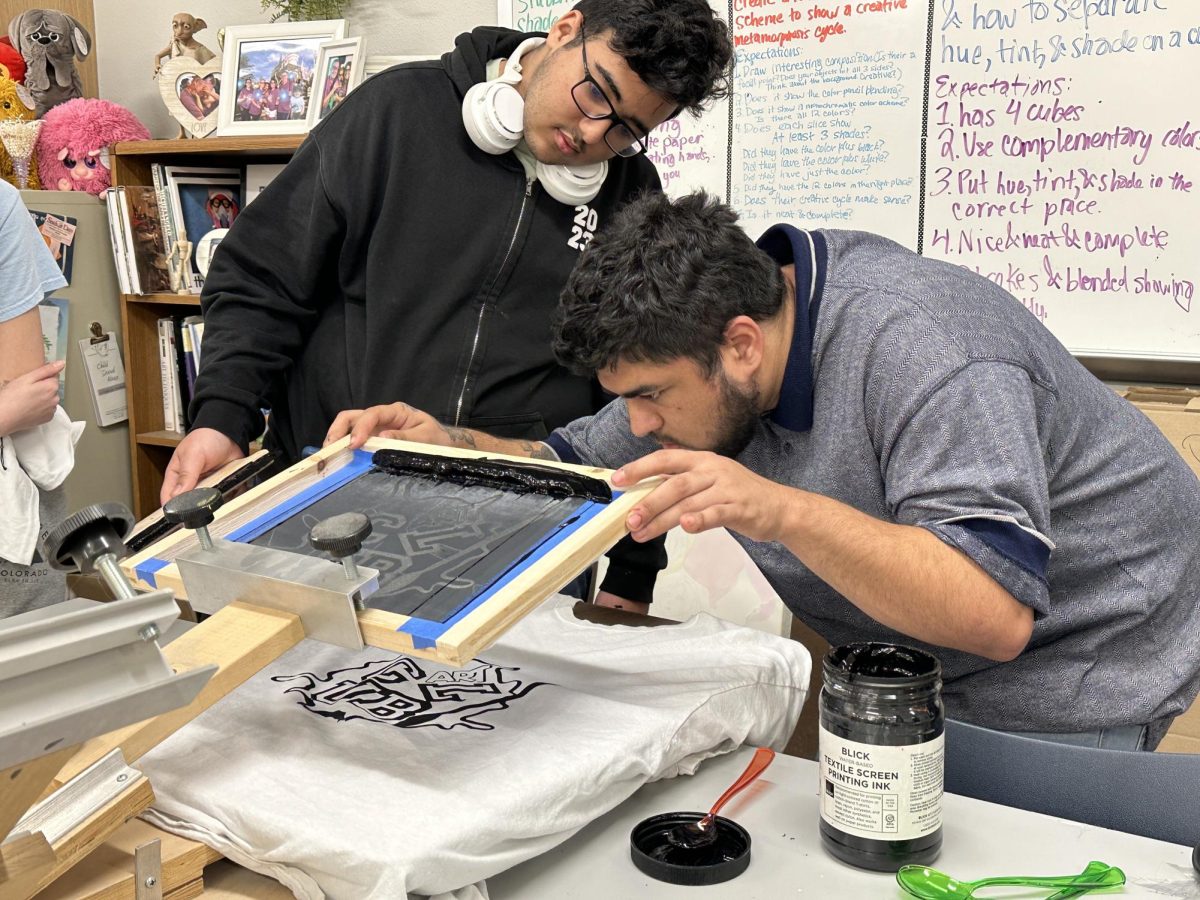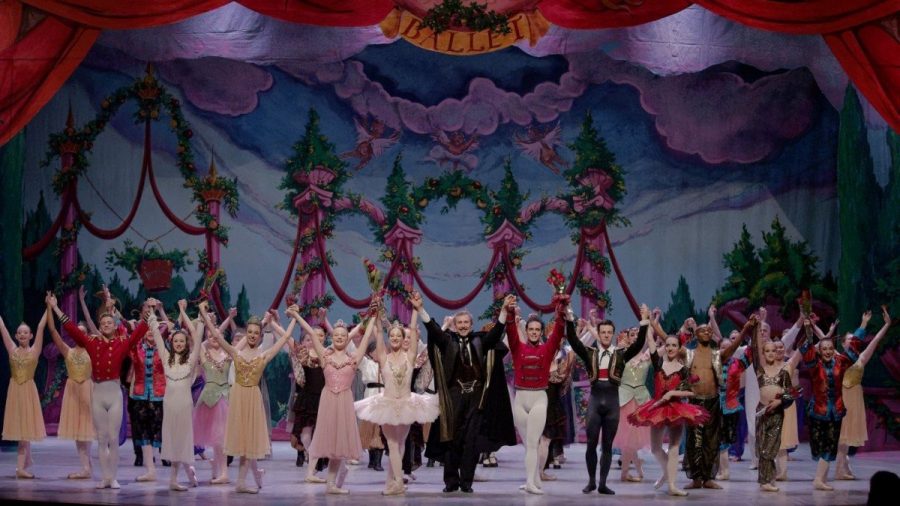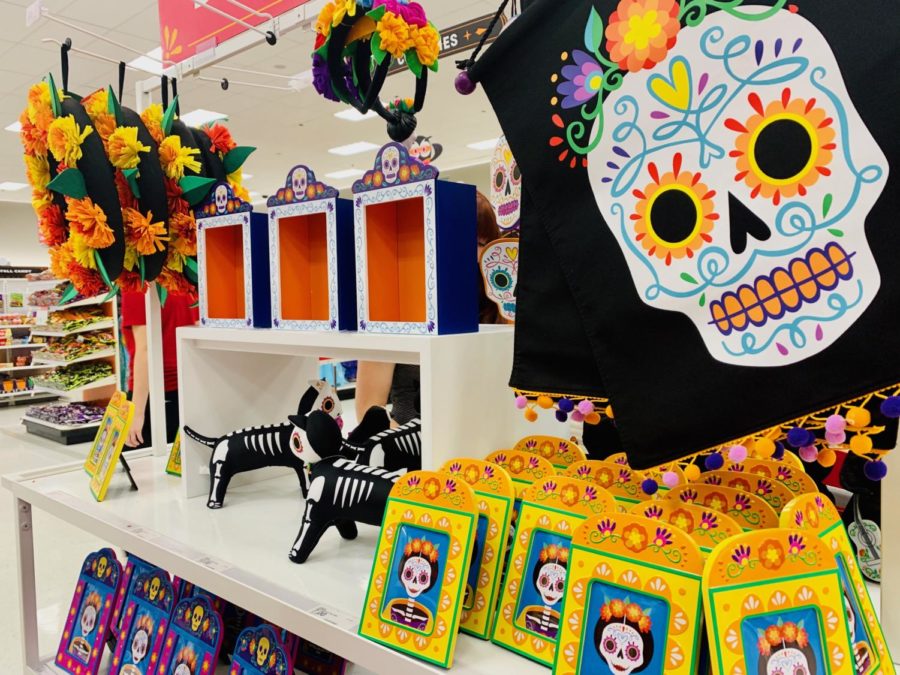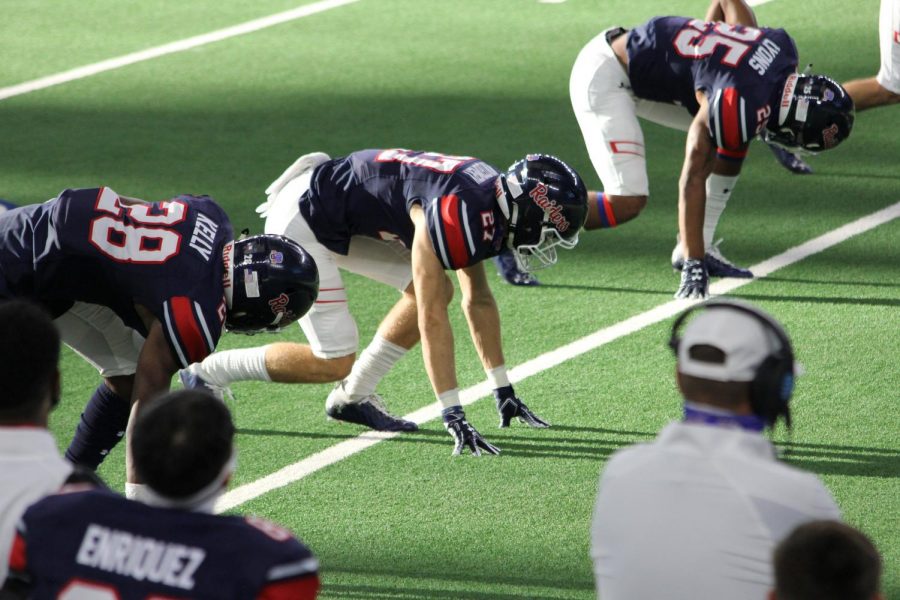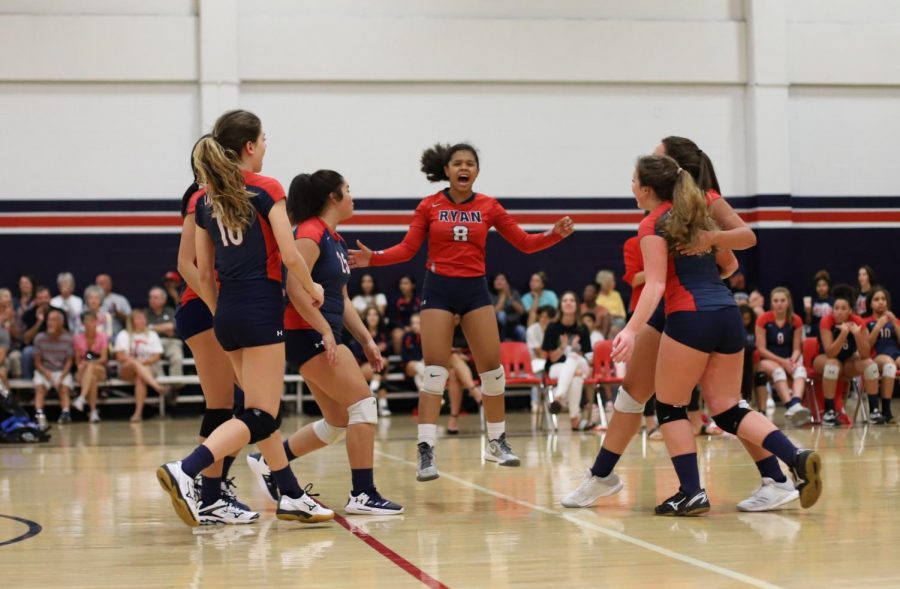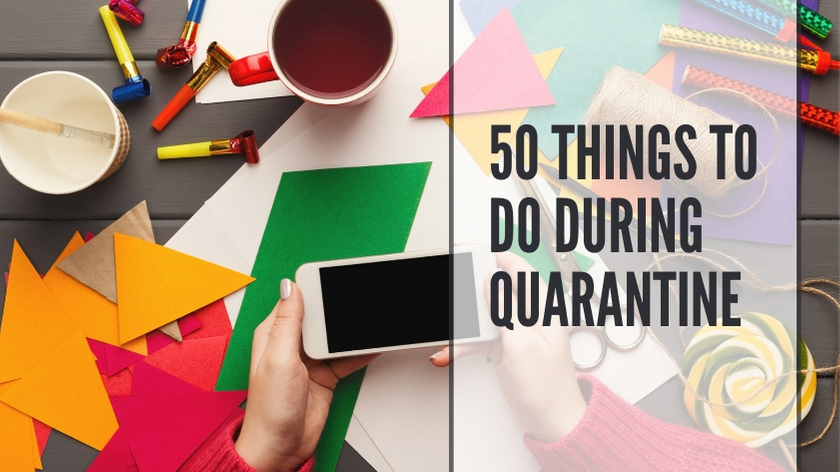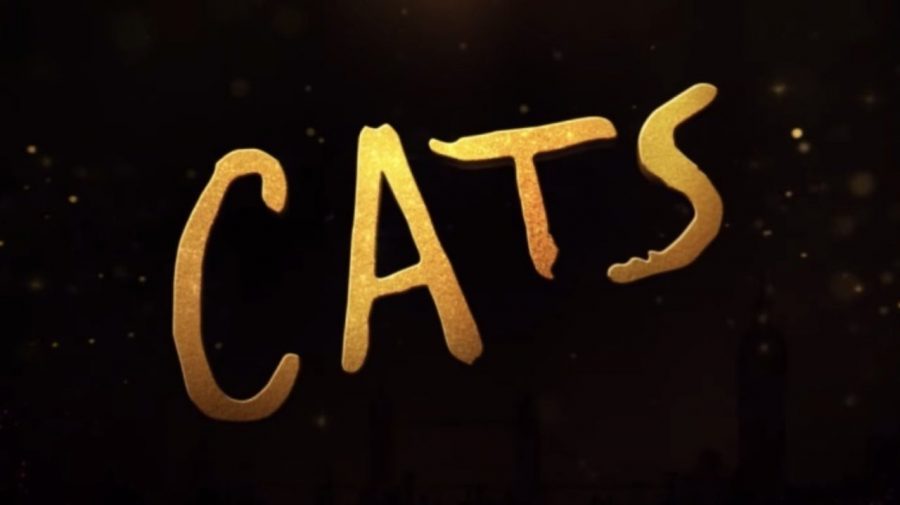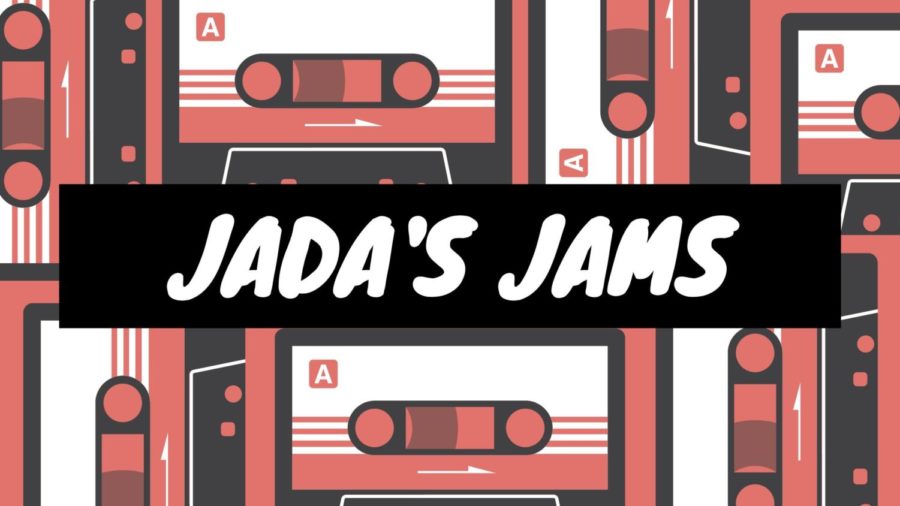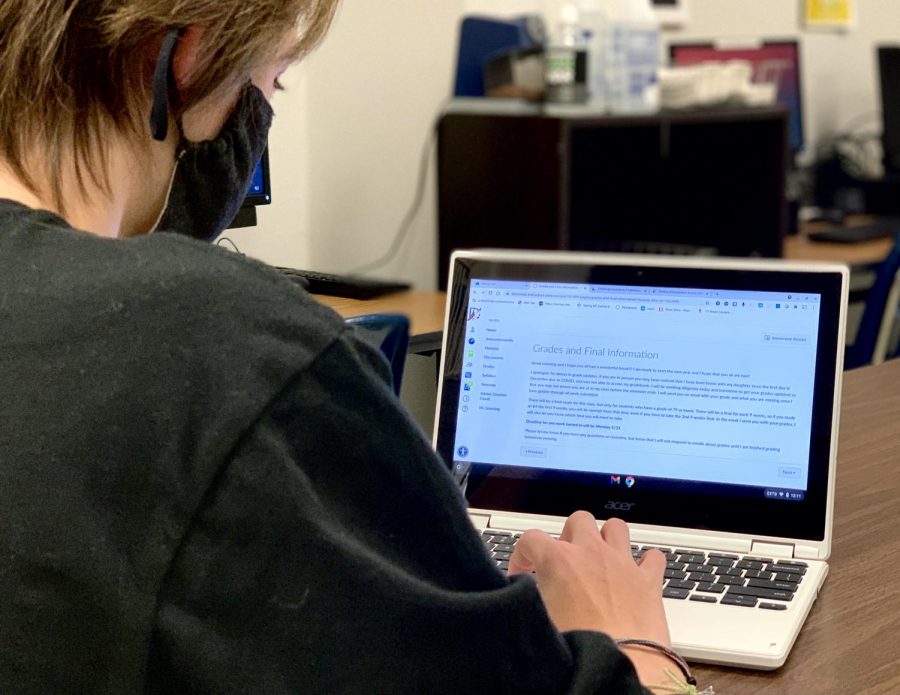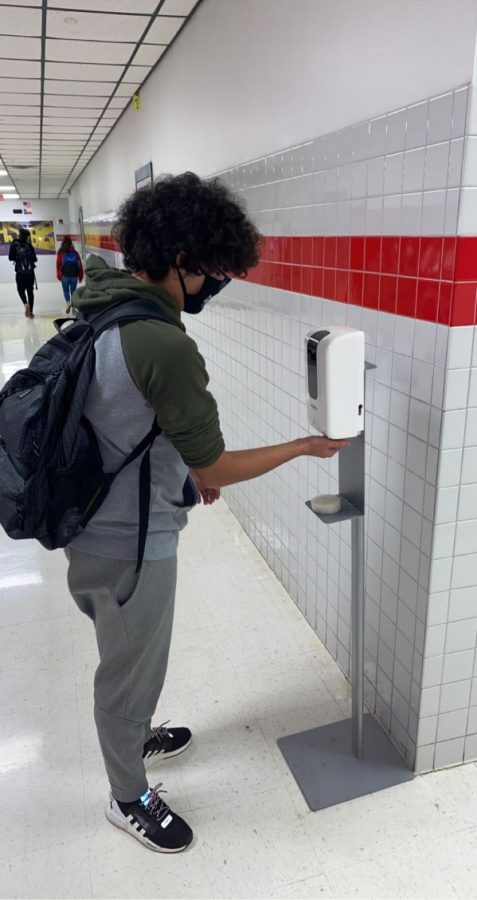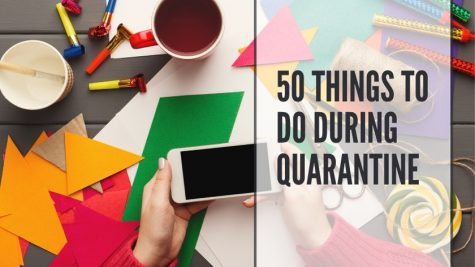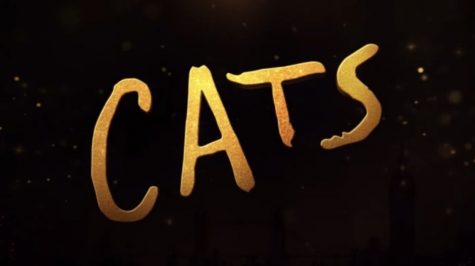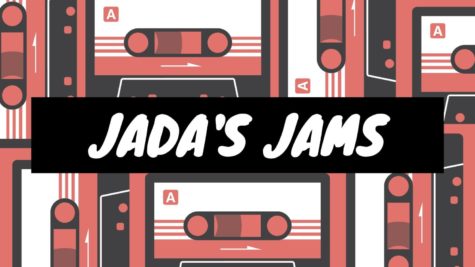I’m not a reader, but…
I’ve never felt the need or want to pick up a fiction book about magic and things of that nature when there are books that actually meet my realistic interests. In fact, in my 17 years of living, I can’t recall one book I’ve ever read about fantasy. That’s right, not even a single Harry Potter book. Maybe I got halfway through the first Twilight book, but other than that, nothing. This made me hesitant in reading Traci Chee’s The Reader because I didn’t know what exactly to expect. Even though I don’t typically like supernatural books, I wasn’t that displeased with The Reader.
The story follows Sefia, a young girl who lives in Kelanna, a land where no one has ever seen a book and don’t know what reading is. When the book begins, Sefia is living with her Aunt Nin. As the book continues, we find out more about her parents and how secluded they were from the outside world. As a child, she lived with her mother and father on an isolated hilltop enveloped in mysterious mist, keeping her a secret. We learn that Sefia’s only other human contact, besides her parents, is her Aunt Nin.
Growing up, Sefia’s mother taught her basic reading skills and helped her develop some idea of what the letters and words mean, even though she treated it as more of a game. Not knowing what the figures meant, Sefia didn’t think much of it.
Sefia definitely did not live an easy life. Her mother mysteriously passed away when she was six and her father was brutally murdered only three years later. After these incidents occur, Sefia’s Aunt Nin mysteriously disappears years later. Being left alone with absolutely no clue of who or what could have taken her aunt, she looks around to try to find some answers in her ruined home. She just so happens to find a secret compartment and discovers a foreign, rectangular object inside.
A book.
Already knowing those simple details made me believe that this book wasn’t going to be a complete disappointment. I enjoy a good mystery and I knew what I was going to get.
But the unnecessary details seemed to overtake the good parts.
I get it, some people might find it essential to include the long, and I mean long, aspects of how a bizarre predicament gets solved— but the book carried on with the useless aspects. It was a drag forcing myself to finish it, but at the same time I wanted to find out what happened to her father and aunt. Basically, I was conflicted. Nevertheless, I finished it and I concluded that it wasn’t that bad once I got past those minor flaws.
I’ll leave it to those who want to pick up this lengthy novel to find out what happened to Sefia’s loved ones. I’d give it neither a thumbs up, nor a thumbs down. The Reader deserved one of those sideways thumbs. Nothing less, nothing more.

ENTP- My name is Amy, I’m a senior, and this is my second year in Newspaper. When I was in 5th grade, I ran into a brick wall and had to go to the hospital;...

